M.Sc Computer Science
Programme Educational Objectives (PEOs)
PROGRAMME EDUCATIONAL OUTCOMES (PEO)
PEO1: Graduates are prepared to be employed in IT industries by providing expected Domain Knowledge.
PEO2: Graduates are provided with practical training, hands-on and project experience to meet the industrial needs.
PEO3: Graduates are motivated in career and entrepreneurial skill development to become global leaders.
PEO4: Graduates are trained to demonstrate creativity, develop innovative ideas and. to work in teams to accomplish a common goal.
PEO5: Graduates are addressed with social issues and guided to operate problems with Solution.
Programme Outcomes (POs) & Programme Specific Outcomes(PSOs)
PROGRAM OUTCOMES (PO)
PO 1: Domain Expertise: Communicate computer science concepts, designs, and solutions effectively and professionally.
PO 2: Computing Skills and Ethics: Apply knowledge of computing to produce effective designs and solutions for specific problems.
PO 3: Lifelong Learning and Research: Identify, analyze, and synthesize scholarly literature relating to the field of computer science.
PO 4: Modern Tool Usage: Use software development tools, software systems, and modern computing platforms.
PO 5: Social Contribution: An understanding of professional, ethical, legal, security and social issues and responsibilities
PO 6: Ethics: Capable of evaluating personal and professional choices in terms of codes of ethics and ethical theories and understanding the impact of their decisions on themselves, their professions, and on society
PO 7: Life Long Learning: Apply design and development principles in the construction of software systems of varying complexity.
PROGRAMME SPECIFIC OUTCOMES (PSO)
PSO 1: Professionally trained in the areas of programming, multimedia, animation, web designing, networking and to acquire knowledge in various domain-based electives.
PSO 2: Abet students to communicate effectively and to improve their competency skills to solve real time problems.
PSO 3: The ability to employ modern computer languages and applications for their successful career, to create platforms to become an entrepreneur and a relish for higher studies.
Curriculum & Syllabus
CURRICULUM & SYLLABUS
MINIMUM CREDITS TO BE EARNED: 90
| Category | Code No | Course | Hours/Week | Maximum Marks | |||||
|---|---|---|---|---|---|---|---|---|---|
| Lecture | Tutorial | Practical | Credits | CA | SEE | Total | |||
| Core | 21CMCS11 | Linux Programming | 4 | 0 | 0 | 4 | 40 | 60 | 100 |
| Core | 21CMCS12 | Design and Analysis of Algorithm | 4 | 0 | 0 | 4 | 40 | 60 | 100 |
| Core | 21CMCS13 | Scripting Language | 3 | 0 | 4 | 4 | 40 | 60 | 100 |
| Core | 21PMCS11 | Linux Programming Lab | 0 | 0 | 4 | 2 | 40 | 60 | 100 |
| DSE | 21DMCS-- | DSE 1 | 4 | 0 | 0 | 4 | 40 | 60 | 100 |
| DSE | 21DMCS-- | DSE 2 | 4 | 0 | 0 | 4 | 40 | 60 | 100 |
| SEC | Soft Skill1/ Sector Skill Course | 2 | 0 | 0 | 2 | 40 | 60 | 100 | |
| TOTAL | 21 | 0 | 8 | 24 |
Eligibility Criteria
| Program | Program Duration (Year) | Eligibility | Criteria for Merit |
|---|---|---|---|
| M.Sc Computer Science | 2 Years (4 Semesters) | Bachelor's degree in Computer Science/ Computer Science and Technology/ Artificial Intelligence and Machine Learning/ Cyber Security/ BCA degree/ Any othere degree accepted as equivalent thereto by the syndicate | Merit based on the percentage of marks secured in the qualifying examination |
Career Prospects
CAREER PROSPECTS
- Robotics Programmer
- Video Game Programmer
- Data Scientist
- Software Engineer
- Machine Learning Researcher
- Business Intelligence Developer
- Statistical Analyst
Alumni Testimonials
As a Senior Web Analyst & Digital Marketing Expert, my time at VISTAS has
been incredibly enriching, shaping both my personal and professional journey over
the past two years. The equal opportunities provided to all have served as a
cornerstone in my development, allowing me to hone my skills and pursue my
passions. None of this would have been possible without the unwavering support
and guidance of the faculty members who generously shared their knowledge and
experience. Their mentor ship played a pivotal role in sculpting my abilities and
nurturing my growth. Our university has provided us a very enhanced and efficient
platform for the exposure to the training and placement. It has truly been a turning
point in my life, equipping me with the confidence and skills needed to face the
challenges of the world beyond academia.
Mr. P. THIRUMURUGAN (M.Sc. Computer Science), 2012 -2014 Senior Web Analyst & Digital Marketing Expert Hexa Corp Pvt. Ltd, Chennai.
Reflecting on my time at VISTAS fills me with immense gratitude for the
invaluable role it played in my personal and professional development. The
inclusive ethos and equal opportunities fostered a sense of belonging and
empowerment, enabling me to flourish both academically and personally. I am
deeply indebted to the dedicated faculty whose unwavering support, mentorship,
and wealth of knowledge were instrumental in shaping my journey. Their guidance
not only equipped me with the requisite skills but also instilled in me the
confidence to navigate the complexities of the professional world. VISTAS will
always hold a special place in my heart, serving as a beacon of inspiration and
empowerment on my path to success.
Mr.Krishnakumar Parthasarathy (M.Sc. Computer Science) 2014 - 2016 Senior Software Engineer, Wipro Limited, Chennai.
Fee Structure
| Tuition Fee 2024 - 2025 (Per Sem) | Other Fee (Per Sem) | Total Fee 2024 - 2025 (Per Sem) |
|---|---|---|
| 21,000 | 18,000 | 39,000 |
Faculty of the Deapartment
| Sl. No. | Name of the Faculty | Designation | Educational Qualification | Area of Specialization | Experience in Years | Vidwan ID | Photos |
|---|---|---|---|---|---|---|---|
| 1 | Dr.Perumal.S | Professor and Head | M.Sc., M.Phil.,P.h.D | Image Processing, Data Analytics, Cloud Computing, IOT | 28 yrs | 263415 | 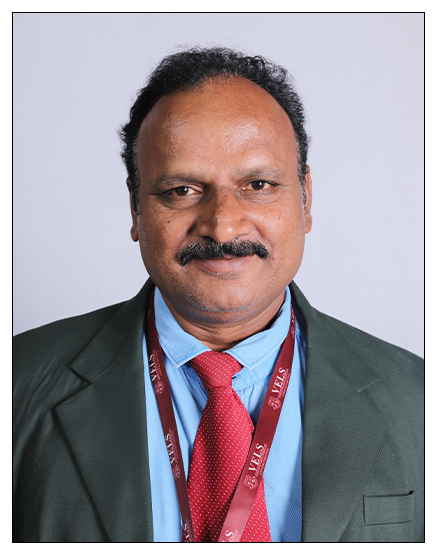 |
| 2 | Dr.Parameswari.R | Professor | MCA., M.Phil., Ph.D | Cloud Computing & Big Data Analytics | 17 years 11 months | 237318 | 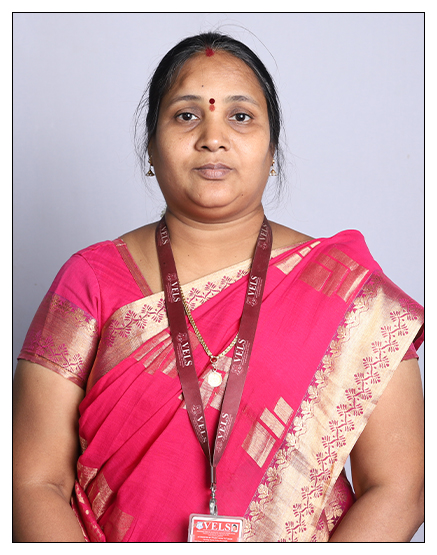 |
| 3 | Dr.Thailambal.G | Associate Professor | MCA., M.Phil., Ph.D | Data Mining, Text Mining, Pattern Matching & Machine Learning | 20 yrs | 232467 | 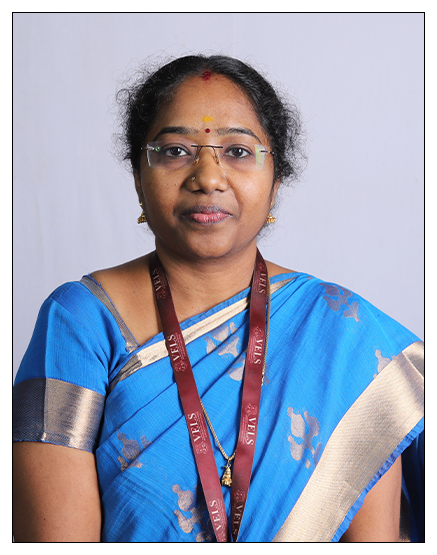 |
| 4 | Dr.Mangayarkarasi.S | Associate Professor | MCA., M.Phil.,Ph.D | Network Security, Image Processing, IOT & Networking | 19 yrs | 232465 | 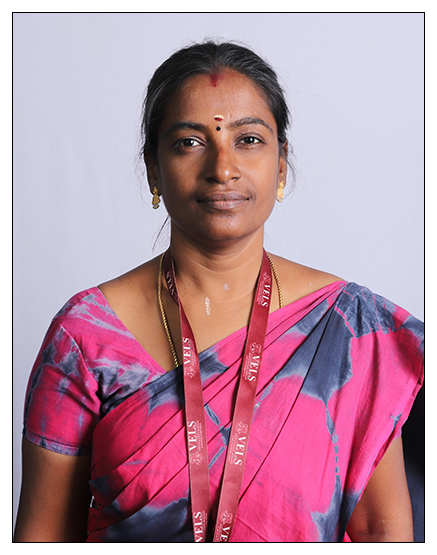 |
| 5 | Dr.Arunachalam.A.S | Associate Professor | MCA., M.Phil.,Ph.D | Data Mining, Image Processing and Networking, Data Science, Big Data | 20 yrs | 173795 | 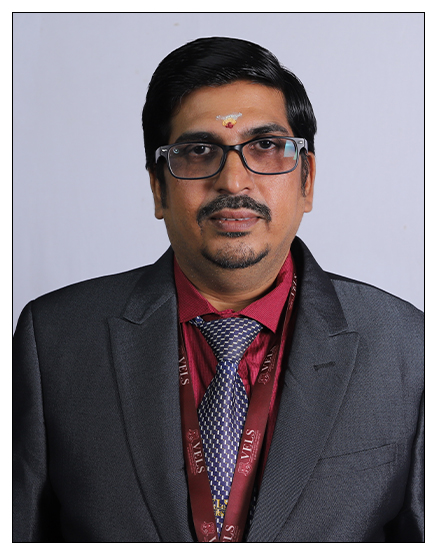 |
| 6 | Dr.Sreekala.T | Associate Professor | M.Sc., M.Phil., Ph.D,NET | Intrusion Detection System, Network Security, Machine Learning, Blockchain Technology | 18 years 4 months | 173689 | 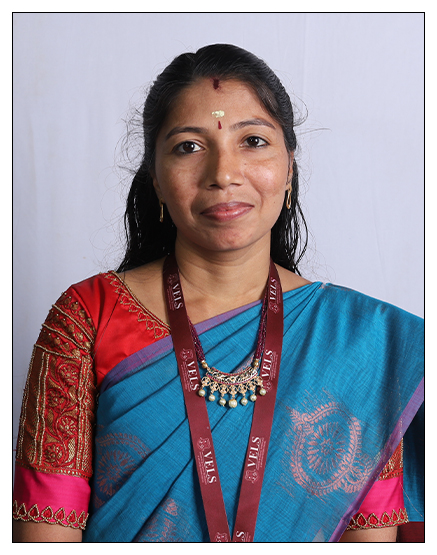 |
| 7 | Dr.Durga.R | Associate Professor | MCA,,M.Phil, Ph.D | Network Security, Wireless Sensor, Cloud Computing | 16 yrs | 173696 | 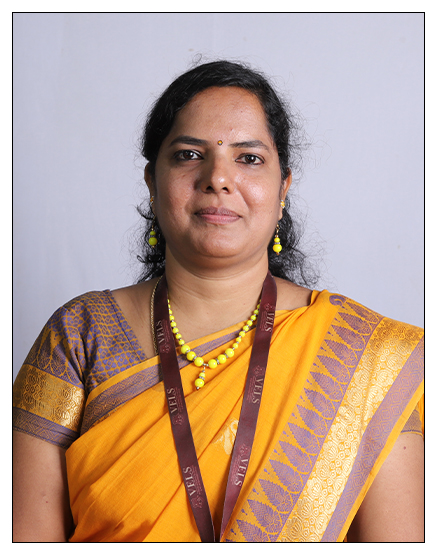 |
| 8 | Dr.Akila.A | Associate Professor | MCA.,M.Phil., Ph.D., | Speech Recognition & Signal Processing | 13 year 7 months | 183051 | 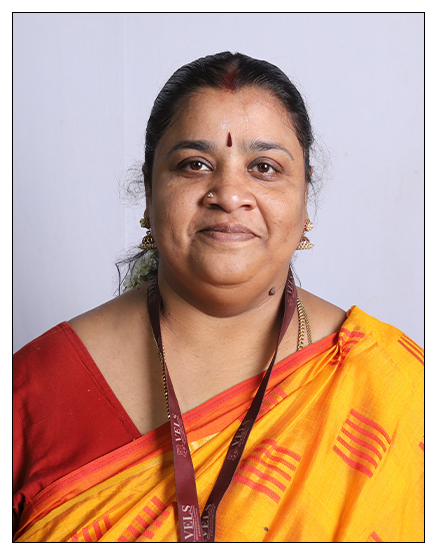 |
| 9 | Dr.Aneetha.A.S | Associate Professor | MCA, M.Phil, NET.,Ph.D | Intrusion and Detection System | 14 years 4 months | 469003 | 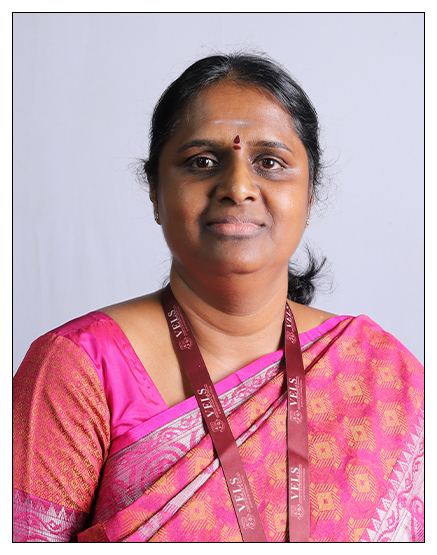 |
| 10 | Dr.V.Poornima | Associate Professor | M.Sc(CS),MCA, M.Phil,Ph.D | Machine Learning , ANN , IoT | 11 years8 months | 470632 | - |
| 11 | Mr.Balamurugan.R | Assistant Professor | MCA., M.Phil.,(Ph.D) | Data Mining | 22 years 5 months | 237146 | 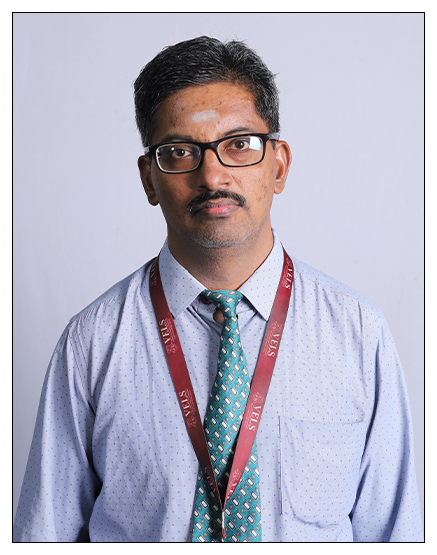 |
| 12 | Ms.Padma.R | Assistant Professor | M.Sc, M.Phil, SET, (Ph.D) | Big Data Analytics, Aritificial intelligence and Machine learning | 18 year | 236678 | 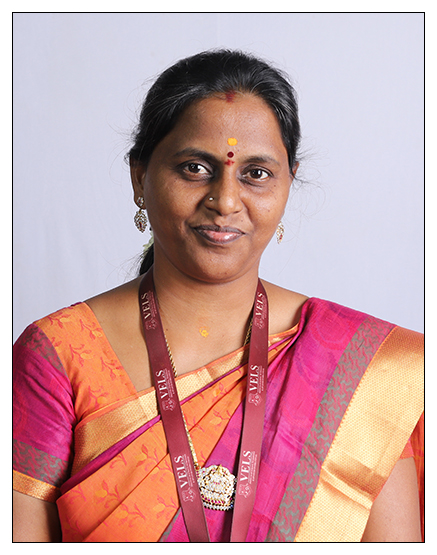 |
| 13 | Dr.Abirami.K | Assistant Professor | M.Sc,M.Phil,Ph.D | Web Mining | 8 years 6 months | 427668 |  |
| 14 | Dr.Thirunavukkarasu.K.S | Assistant Professor | M.Sc,M.Phil, Ph.D | Data Mining | 15 years 5 month | 291351 | 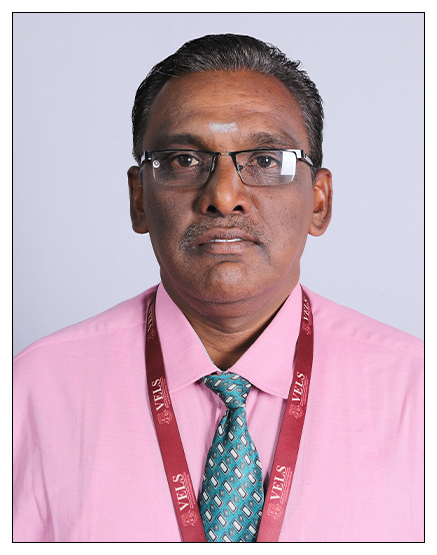 |
| 15 | Dr.Vishwa Priya.V | Assistant Professor | MCA, MBA,M.Phil,Ph.D | Big Data Analytics, Aritificial intelligence and Machine learning,IOT | 6 years 4 months | 405597 |  |
| 16 | Dr.Tamilselvi.P | Assistant Professor | MCA, M.Phil, Ph.D | Cloud Computing | 12 years | 470649 | 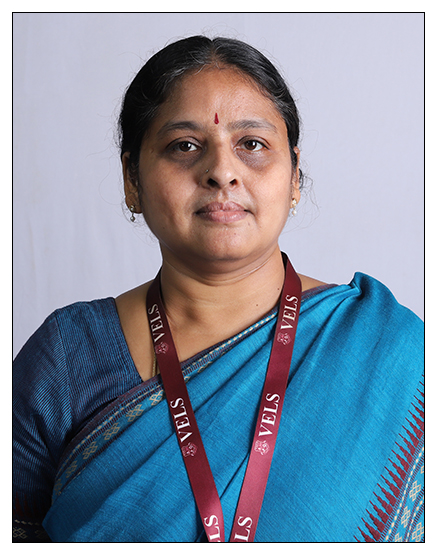 |
| 17 | Dr.Jose Reena.K | Assistant Professor | MCA, M.Phil,Ph.D | IoT, Big Data | 8 years 1 month | 425726 | - |
| 18 | Dr.Nisha Dayana.T.R | Assistant Professor | M.Sc,M.Phil,Ph.D | Image Mining | 11 years 2 months | 470653 | 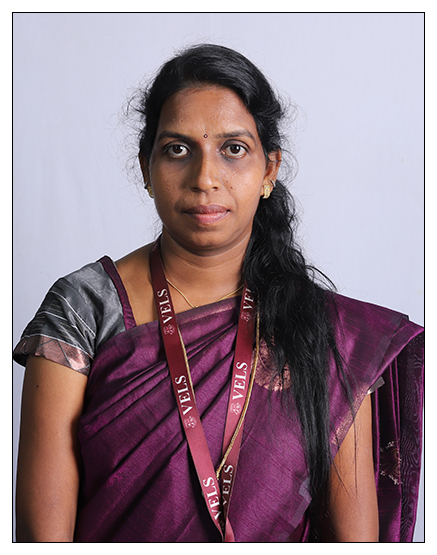 |
| 19 | Ms.K.Sreelatha | Assistant Professor | M.Sc CS &IT,M.Phil,(Ph.D) | Networking | 1 yr | 470792 | - |
 CHAT WITH A STUDENT
CHAT WITH A STUDENT